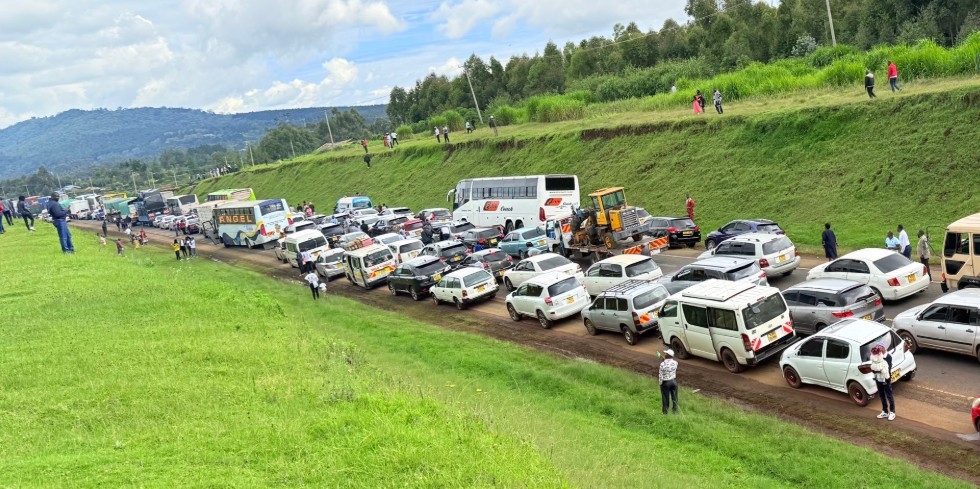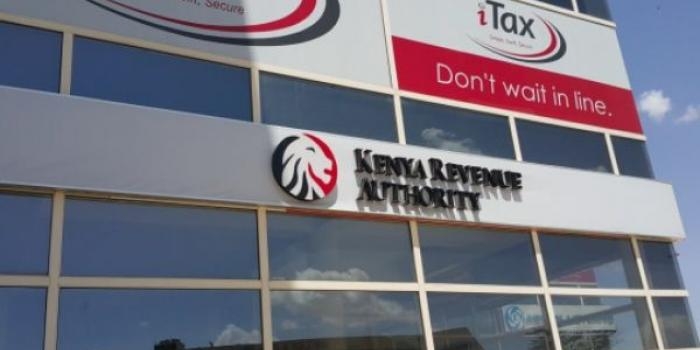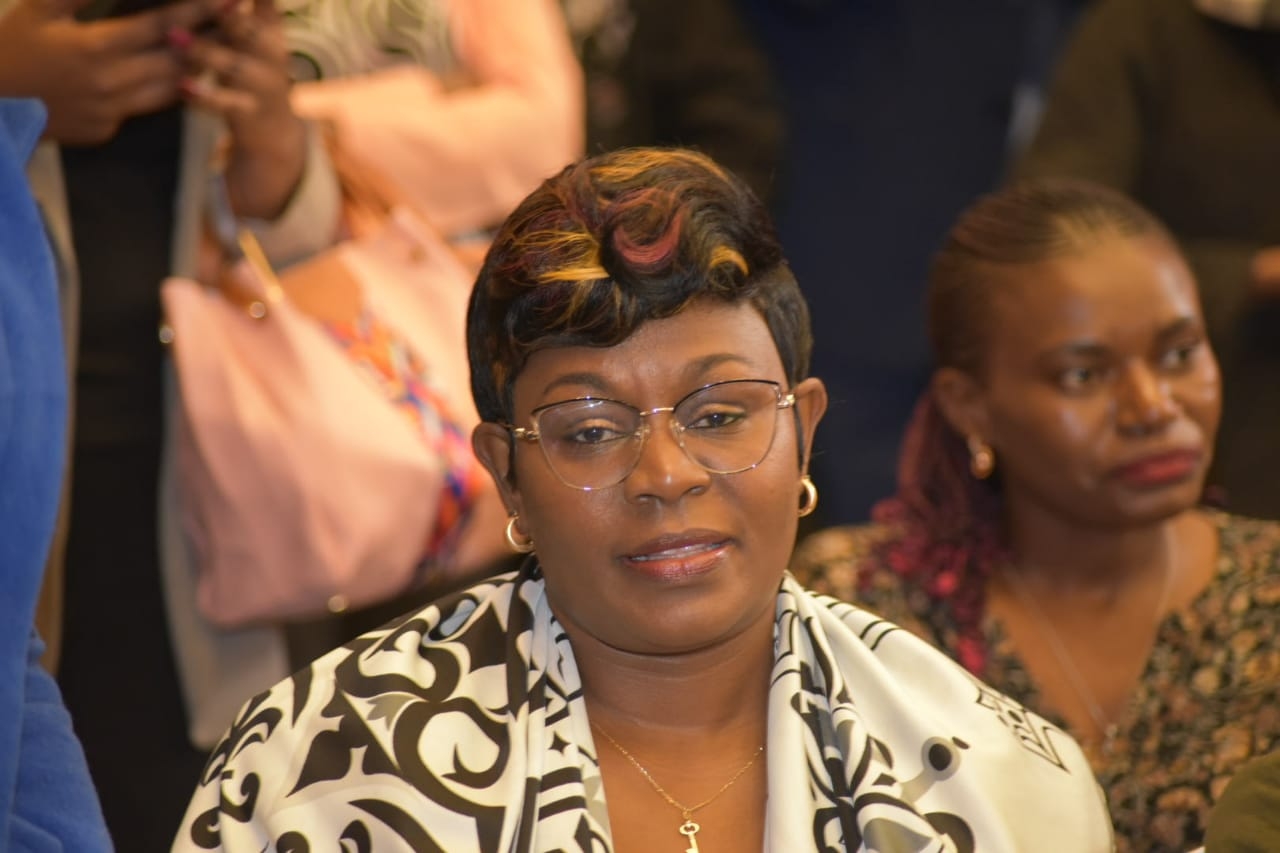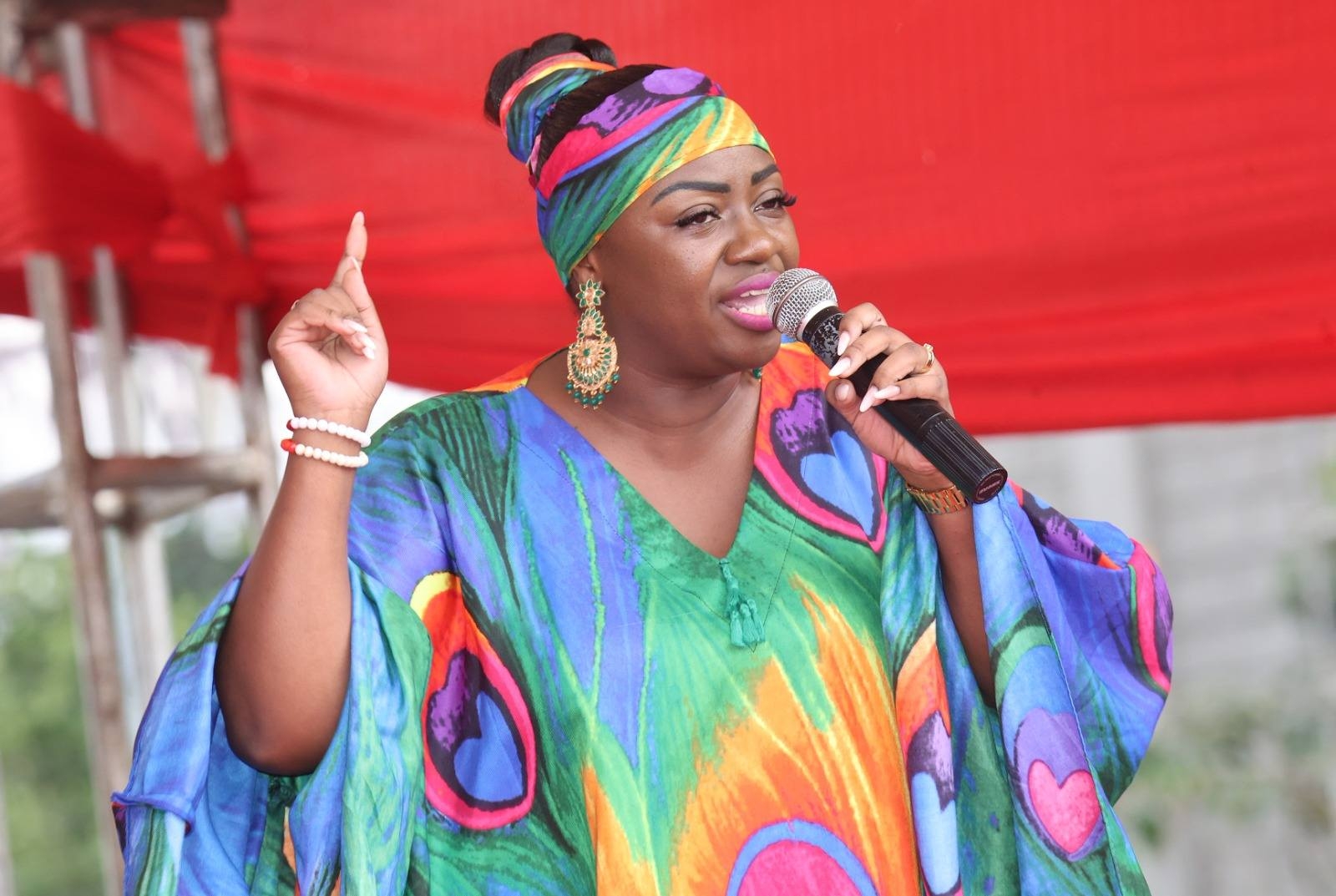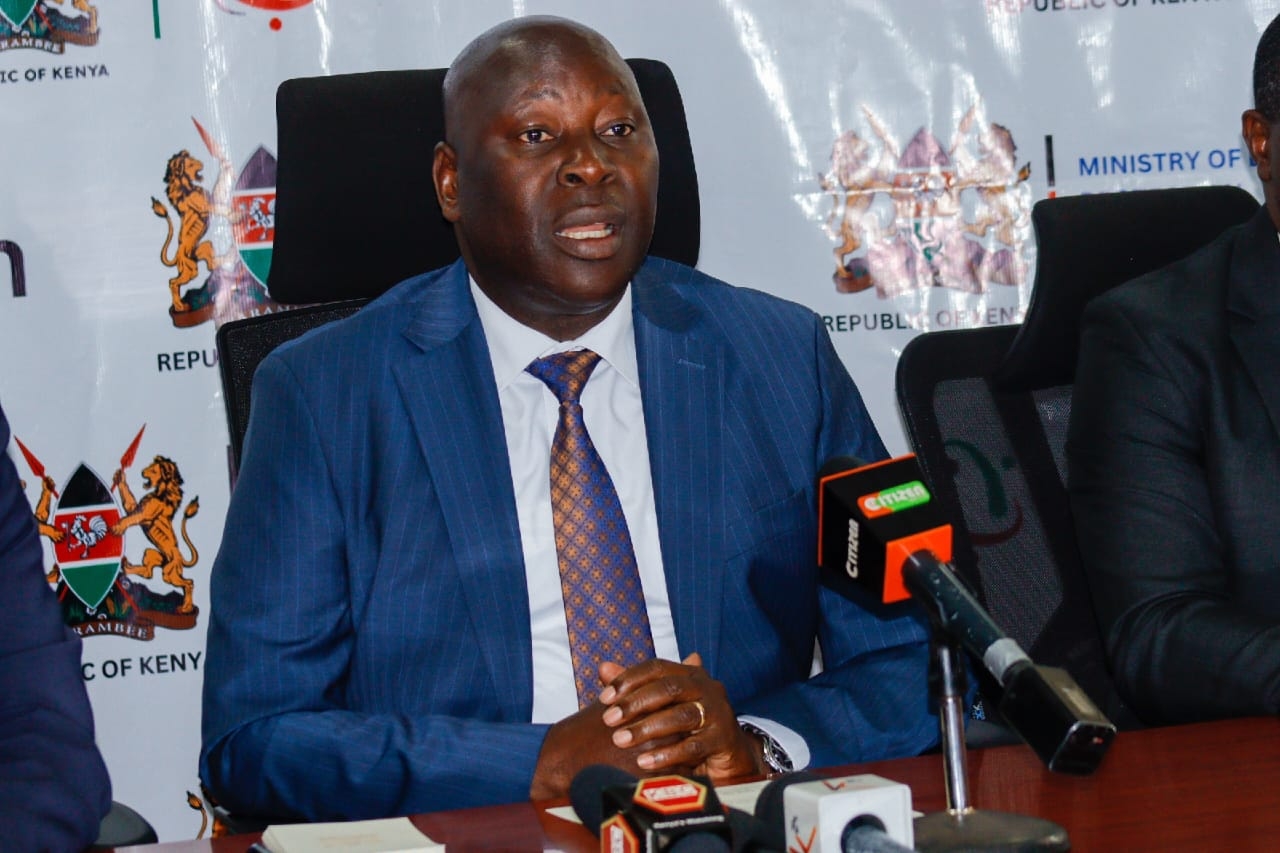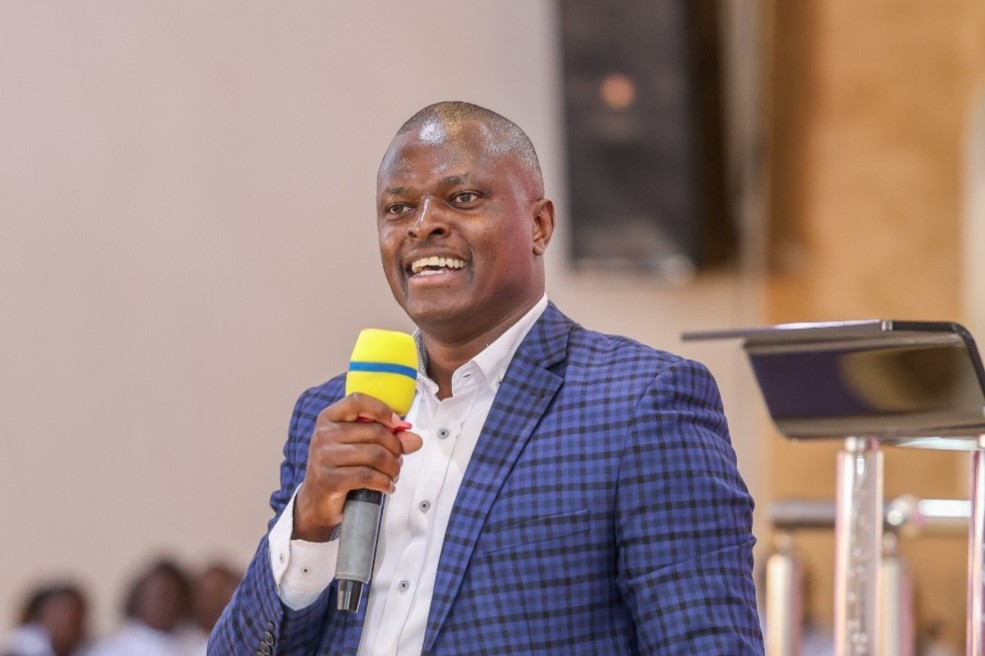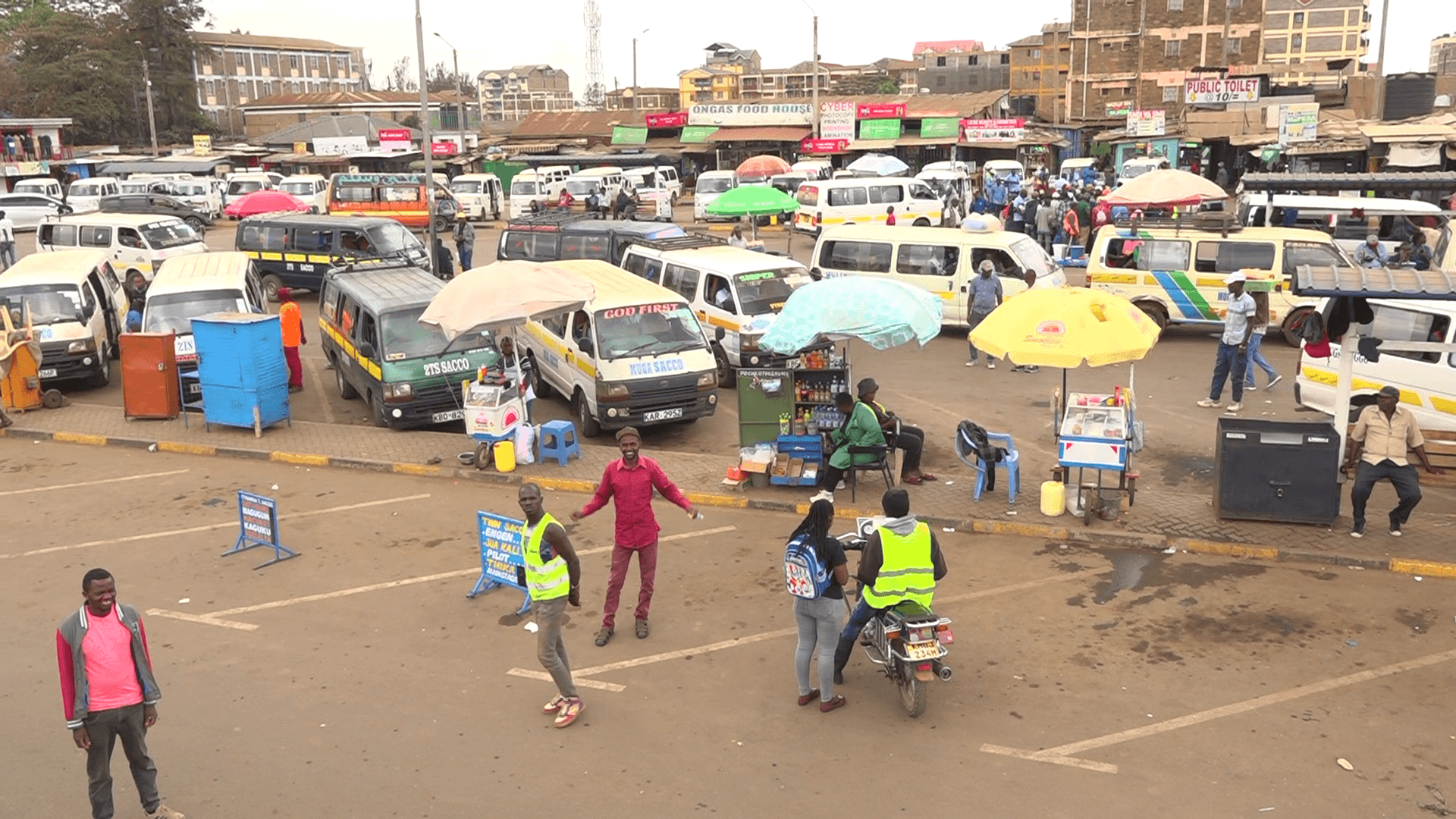Poor President Ruto. It can’t be easy being president of an ungovernable nation. It must be even tougher trying to adjust from being hailed as some sort of conquering hero to always being on the back foot, and all after less than two full years in power.
I almost feel sorry for him, and probably would if I thought he had shown even an iota of empathy for those who have died under his watch for opposing him and his government. But maybe he thinks a public show of empathy is a sign of weakness.
The whys and wherefores of showing empathy aside, for me the biggest problem for the president and most political leaders in this country is what I call the imagination deficit.
For reasons as yet unknown, our political leaders appear unable to imagine their way out of a brown paper bag, and so expecting them to imagine the future of the nation might be too much of a leap.
An article on imagination in Psychology Today said: “Being more imaginative allows a person to make creative connections and inferences using their past experience and knowledge base. As a result, research indicates that more robust daydreaming is associated with superior intelligence.”
Perhaps our political leaders should daydream more. However, if they find even that difficult to do, or don’t have the time, there is another way. Artificial Intelligence.
The Kenyan thinker Keguro Macharia has often written about imagining Kenya differently, and perhaps if our pedestrian leadership can’t do it, machine intelligence can do it for them.
I asked ChatGPT to imagine Kenya if it had good governance and integrity in public service. It said: “Imagining Kenya with good governance and integrity in public service opens up a range of possibilities for the country's development and prosperity.”
On economic growth and development, it would have a "stable and robust economy." With good governance, Kenya could experience sustained economic growth, attracting both domestic and foreign investments.
"Efficient use of resources: Public resources would be allocated and utilised efficiently, reducing waste and corruption. Finally, there would be "innovation and entrepreneurship". A transparent and supportive business environment would foster innovation and entrepreneurship, leading to job creation and economic diversification.
On infrastructure and services, there would first of all be improved infrastructure. Roads, railways, ports and airports would be well-maintained and continuously developed, boosting trade and connectivity.
Secondly, quality education. Investment in education would ensure high-quality schooling and vocational training, preparing a skilled workforce for the future.
And also better healthcare. Access to quality healthcare would be widespread, with well-equipped hospitals and trained medical personnel available to all citizens.
On social well-being, there would be reduced poverty and inequality. Equitable distribution of resources and opportunities would reduce poverty and bridge the gap between different socioeconomic groups.
Social services would be reliable. Enhanced public services, including water supply, sanitation and housing, would improve the quality of life for all Kenyans.
Security and safety would be a reality. Effective law enforcement and justice systems would ensure a safe and secure environment for citizens and businesses.
On political and social stability, democratic governance should be expected. A transparent and accountable government would strengthen democracy, with citizens actively participating in decision-making processes.
Rule of law would likewises exist. Strong institutions would uphold the rule of law, ensuring justice and fairness for all.
Unity and cohesion are also envisioned. Inclusive policies and practices would promote national unity and social cohesion, reducing ethnic and political tensions.
On environmental sustainability, expect serious conservation efforts. Good governance would prioritise environmental conservation, protecting Kenya's rich biodiversity and natural resources.
Sustainable development would materialise. Policies would promote sustainable agricultural, industrial and urban development practices, balancing growth with environmental protection.
Climate resilience would also be prioritised. Investments in climate adaptation and mitigation measures would enhance the country’s resilience to climate change impacts.
On global standing, Kenya would be renowned for regional leadership. Kenya could become a leading example of good governance in Africa, influencing positive changes in neighbouring countries.
International relations would also flourish. Strong governance would improve Kenya’s international reputation, leading to stronger diplomatic and economic ties worldwide.
Global competitiveness would arise. A well-governed Kenya would be more competitive on the global stage, attracting more tourists, businesses and global events.
AI said that in essence, good governance and integrity in public service would transform Kenya into a thriving, equitable and sustainable nation, improving the lives of its citizens and setting a benchmark for other countries to follow.
Need I say more?


